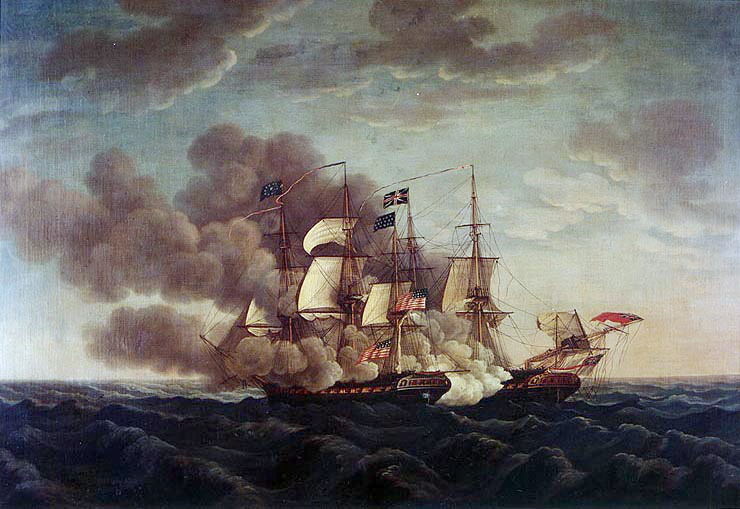 Philosophy of Radical Groupism
Philosophy of Radical GroupismLast nights post talked about a little theory that I have viewed in society called Radical Groupism. In this idea all groups commit to our individual perspective on life; and in reality they make up who we are. Since this is a blog about gaming and philosophy I fell it prudent to write a single player game that can be used to show examples in this.
Failure of Nietzsche to Recognize the power o
 f groups
f groupsNietzsche talked about a re-evaluation of values with in his writing. This was looking at values through a historical perspective depending on who they came from and where. This was contrasted for example in Romans/Christians to view master and slave mentality and all other sort of fun things. However insightful Nietzsche was he failed to view these conflicting groups as what they were; two groups. Of course he would be unable to view them in any truthful way under his own philosophy; but to evaluate an group takes an objective lenses untainted by subjectivity. For this reason writing games using the idea of Radical Groupism is an extremely difficult process.
Pitting Groups against each other
What happens when two groups rub up against each other? This depends greatly on the size and scope of the group; not to mention the current political situation in which the group is currently involved in. Yet we can sit back and generalize about the factors involved in two groups by picking out two. Let us find a specific point in time, a specific moment such as a conflict between two groups. For this we will pick the United States and Britain during the year of 1812.

Background
As the French were fighting almost all of Europe under the rule of Napoleon. The United States began an exploration, more like a fun little attempt at land grabbing of British positions. This was due to a few external reasons. First the US really supported neither side in the large war going on in Europe at the time; but none the less British and French ships would still take US ships and more importantly sailors hostage. This would in turn force the sailors to fight for the nation which was taken over. Well this lead to a large disagreement about maritime rights. The US wanted their sailors to stop being taken over and forced into working for either side. Having just won their independence from the British they saw the period as a prime opportunity to pounce upon the overstretched forces. The US expedition into Canada (British Provence) was a horrible failure, which only brought more war to the shores of the US. By the end of the war Washington D.C. had been burned; a new poem coined which Americans now call the Star Spangled Banner, and of course a horrible defeat for the British in a port city called New Orleans.
Upon the Aft of the Finest
The Game

Groups will influence other groups in ways which is important to understand. In this game three groups will play a role. The US, French, and the United Kingdom.
Goal
Make sure that the nation you choose fullfills its goals, by either :
US : -Do not get engaged with in the war. Make sure that ships are not taken. For each ship taken remove one point from your score. The United States starts with 10 points. Us National Point Bonus : -1
British : - Stop US/French Supplying to the French. For each ship taken add one point to your score. The British start the game with 7 points. British National Point Bonus : +2
French : - Stop US/British Ships from supplying the British. For each ship taken add one point to your score. The French start the game with 8 points. French National Point Bonus : +0
End Game
At the end of the game, 5 or 10 turns, who ever has the fewest points wins the game. For the US the difficulty is in reducing their influence with other groups in society to a point where they are not inciting violence. With the British and French however it is important for them to take ships, but also not inflame the situation by pushing other nations to war because of maritime disputes.
Requirements : 1d6/Pen and Paper/Rules
Start
Draw four lines on a piece of paper. Then split these into 15 boxes. Set the starting of these to the start of each of the nations as aforementioned in the goals.
Phases of a Turn
1)US Shipping Roll
2)British Shipping Roll
3)French Shipping Roll
Individual Phases
Roll 1d6 this is who the ship is being affected to or by.;
- American (If American Roll Again)
- American (If American Roll Again)
- French (If French Roll Again)
- French (If French Roll Again)
- British (If British Roll Again)
- British (If British Roll Again)
- None
- None
- Your nations ship attacks another nations ship. Roll 1d6+National Bonus for each side involved. If the US takes a ship add a point. If the British or French take a ship subtract a point.
- Your nations ship attacks another nations ship. Roll 1d6+National Bonus for each side involved. If the US takes a ship add a point. If the British or French take a ship subtract a point.
- Enemy crew taken hostage, add a point to the group who takes the hostages.
- Cargo taken from a ship; roll 1d6 + modifiers and if it is greater or equal to 4 then this succeeds. Subtract a point.
Educational Goal
- Show the impact of one group on another group.
- Show how mathematical formulas could be added into the mix of radical groupism.
- Demonstrate the fine line that the groups in society live in.
No comments:
Post a Comment